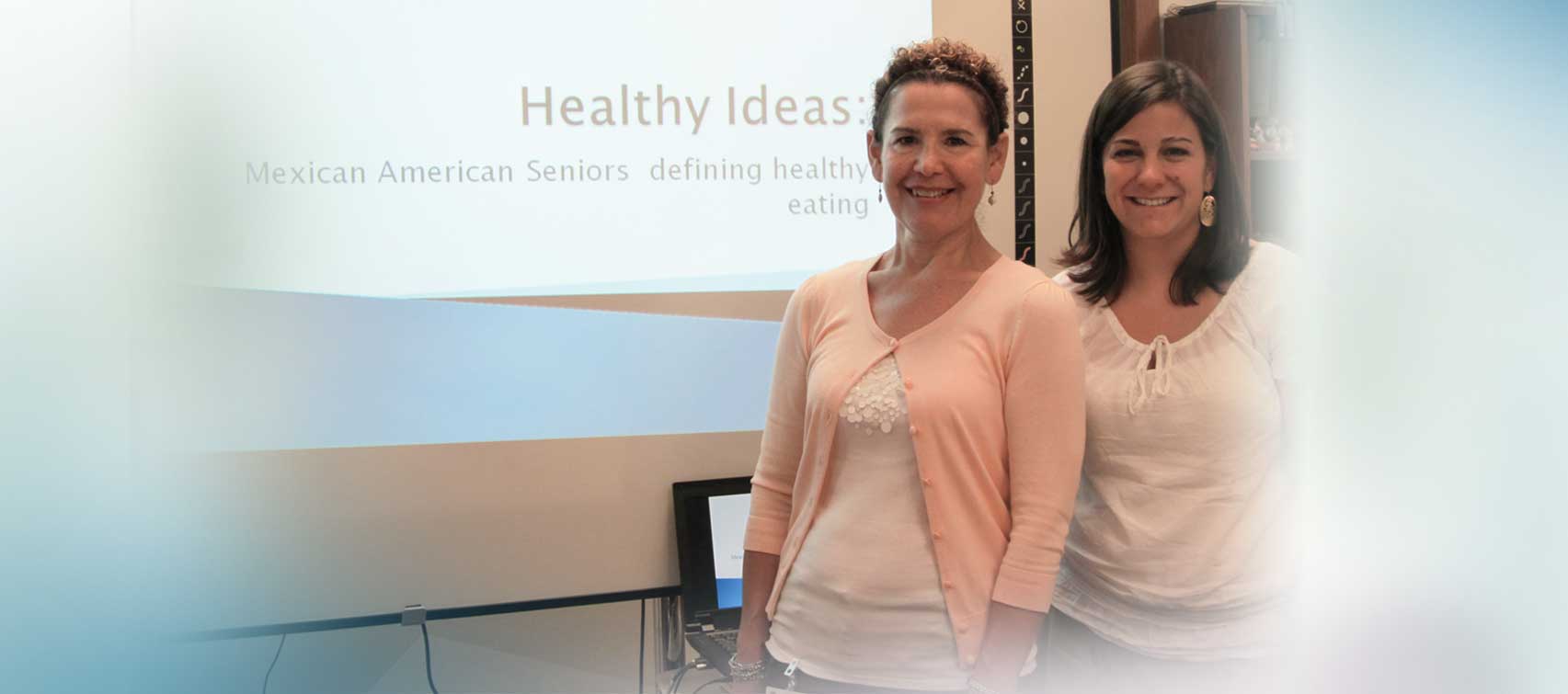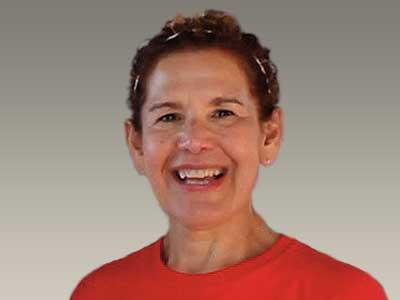Nine months after Adelita Cantu, Ph.D., M.S., RN, became a nurse, she thought she had made a big mistake.
“I didn’t like it. I quit to think about it and explore my options,” Dr. Cantu said. She found the day-to-day routine of hospital nursing confining.
A good student, she had grown up on San Antonio’s West Side, unaware of her family’s poverty, and graduated from Holmes High School. “I remember a nurse who was a Career Day speaker. She was so inspiring,” Dr. Cantu said. Although no one else in her family had gone to college, she decided to pursue a bachelor’s degree in nursing.
“My family encouraged me, but they did not know how to help. I had to figure out everything by myself: how to apply for college and get financial aid, and how to register for classes,” she said. After all the time, money and effort of earning her degree, it was frustrating to think it might not be the right career.
Dr. Cantu answered an ad for a community health nurse in Waco, where she performed in-home health assessments of children with disabilities. “I became very good at doing assessments and observing the home environment to help families connect with community services, but I enjoyed even more what I saw the Ph.D. nurses doing,” she said. They were working in the community to solve larger health issues.
Nutrition education started with her own weight struggles
So Dr. Cantu earned her master’s degree and learned for the first time about good nutrition. She began losing the weight that had given her a poor self-image growing up. “I had been very overweight. With this new knowledge, I lost ― and kept off ― 80 pounds over my lifetime. This has helped me relate well with others who are obese or overweight,” she said, speaking about a major health issue in South Texas.
Dr. Cantu’s career with underserved populations crystallized when she returned to San Antonio, where she worked for University Health System, directing several health clinics and serving as the first director of patient satisfaction.
However, her desire for a Ph.D. continued. “I began attending classes at the UT Health Science Center and in 2002 became a faculty member here,” she said. In 2006, she earned her Ph.D. in clinical nursing research.
During her Health Science Center career, Dr. Cantu has focused on many community health projects. They include:
- Serving as faculty advisor for Avanzar (“to advance” in Spanish), a pre-nursing organization at The University of Texas at San Antonio. The joint program, developed with Norma Martinez Rogers, Ph.D., RN, FAAN, from the School of Nursing and UTSA’s University Health Professions Office, provides support for UTSA students who want to earn their B.S.N.
- Developing a nutrition program for older Mexican-American women at Good Samaritan Community Services. “We found that many of the ladies live alone and are isolated and depressed. Some don’t have transportation to go to the store and some of the foods promoted as nutritious are not familiar to them, so they don’t want to eat them,” Dr. Cantu said. “We worked with the seniors to design a nutrition program that addressed their cultural, physical, environmental and emotional barriers for better health.”
- Designing, with Ruth Berggren, M.D., from the School of Medicine, the Healthy Choices for Kids summer program at Good Samaritan. “This program brought our nursing students into the community where they served as role models for the children (ages 6-18) and learned to teach healthy behaviors,” Dr. Cantu said. The eight-week program included field trips, physical training and educational activities that promoted healthy foods, portion control, healthy relationships, team building and goal setting.
- Advancing, with Dr. Martinez Rogers, Healthy Choices for Kids into a new program called Muevete USA, based on Michelle Obama’s “Let’s Move!” anti-obesity campaign. The program was expanded to other cities through the National Association of Hispanic Nurses, initially with a $500,000 Congressional grant and $150,000 in additional funding from the Coca-Cola Foundation.
- In collaboration with Jill Fleuriet, Ph.D., from UTSA, designed a research study for the GO! Arts Program at Bihl Haus Arts. GO! Arts teaches elders at several San Antonio senior centers how to express themselves creatively with the goal of improving self-esteem and overall health. The research provided evidence that the program is improving well-being among the seniors who participate and has allowed Bihl Haus Arts to garner more funding for the continuation of GO! Arts. “The arts can bring a whole new purpose to their life,” Dr. Cantu said. In March 2014, the National Institute of Senior Centers, part of the National Council on Aging, named the GO! Arts Program at the Alicia López Senior One-Stop Center the Expressive & Creative Arts winner for 2013.
More to come
Dr. Cantu’s future plans include working with West Side youth to develop communications campaigns to improve health in their neighborhoods, and exploring environmental health projects for South Texas.
“All of these activities are not all mine. They were created through community relationships and collaborations,” Dr. Cantu said. “The beauty of what we can do as nurses is collaboration. If we want our patients to get better and for the community where they live to provide an environment in which they can be healthy, we all have to work together.”

